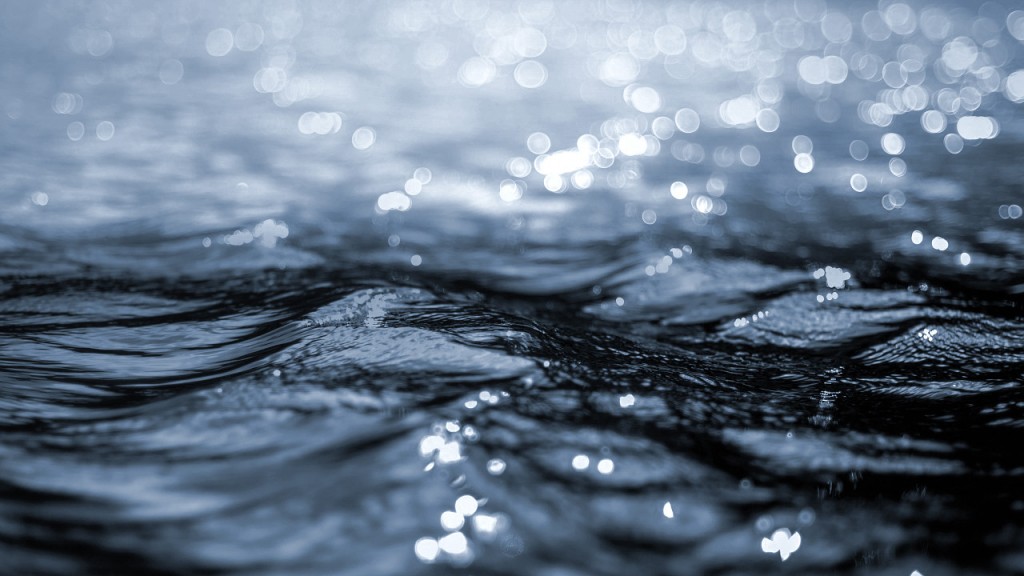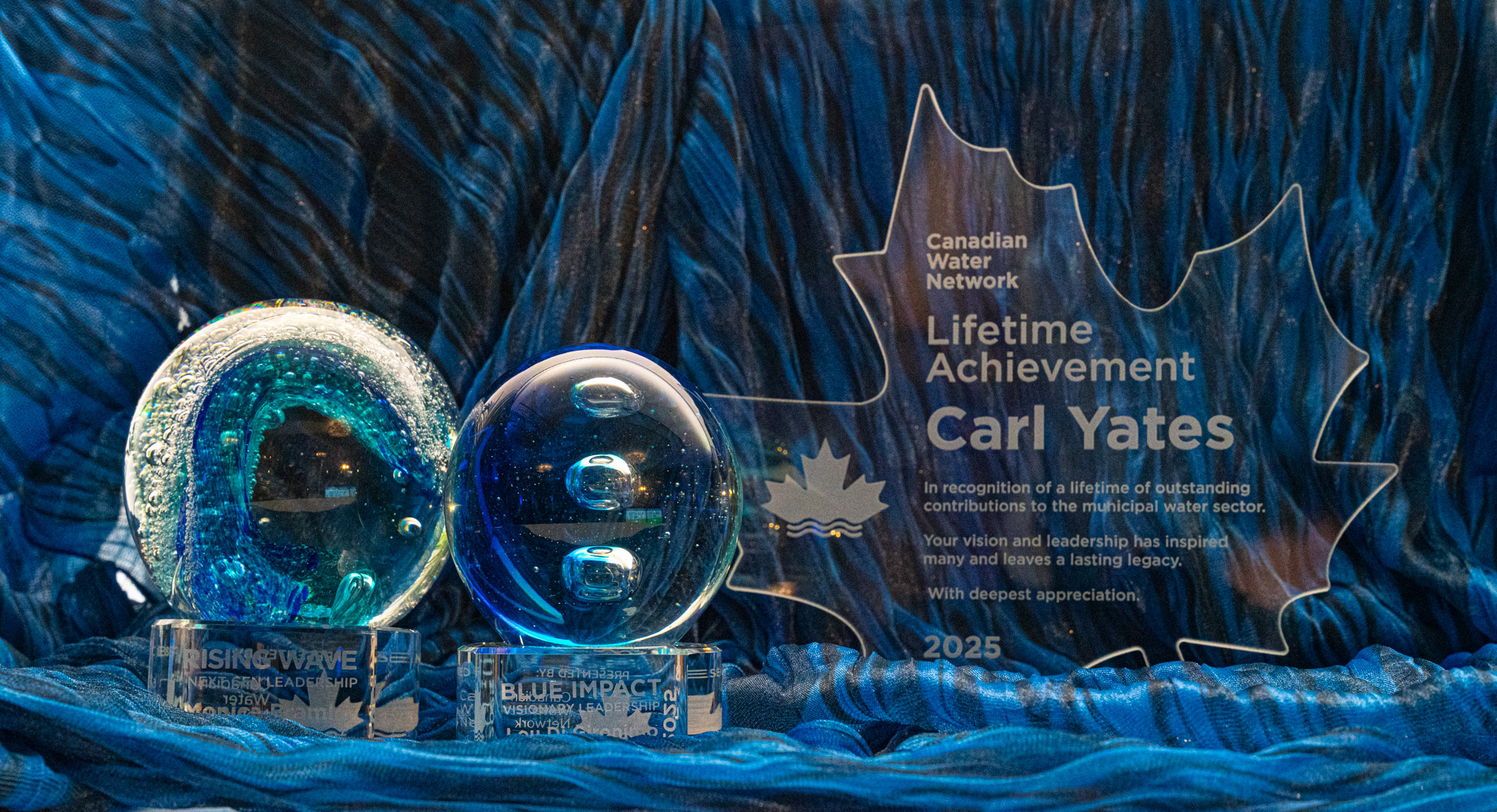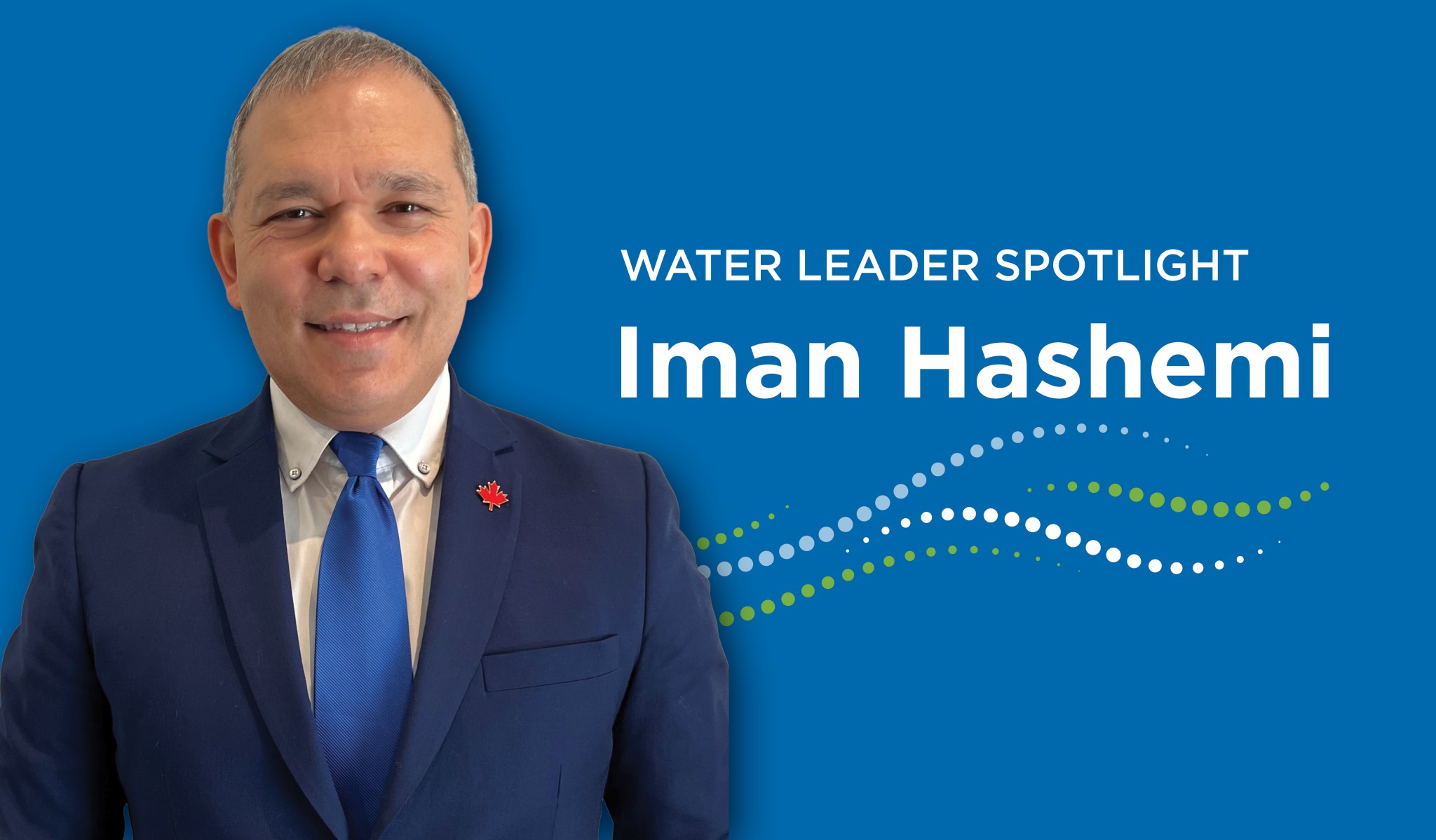Updates from our water and climate program
September 11, 2024
CWN’s quarterly newsletter with the latest news, insights, and thought leadership.

Our water and climate team has been busy attending industry conferences, collaborating with other organizations in the sector, and ramping up projects. Here are some updates on what we’ve been up to.
Highlights from IWA’s World Water Congress and Exhibition
In August, the International Water Association’s (IWA) World Water Congress and Exhibition Toronto brought together experts and leaders to discuss the water sector’s efforts to adapt to and mitigate the effects of climate change. The event featured numerous panels and discussions, shedding light on critical issues and innovative solutions.
Key takeaways from #NetZeroWater discussions
Canadian Water Network’s (CWN) Jessica Akande actively participated in several #NetZeroWater discussions. Here are her key takeaways:
- Efficiency in the water sector: Efficiency is crucial for accelerating the circular economy within the water sector.
- Greenhouse gas (GHG) emissions: The oversimplification of the water sector’s greenhouse gas emissions has led to under-accounting of GHGs.
- Cross-sector collaboration: Collaboration across different sectors can significantly reduce scope 4 emissions, which are avoided by using products or services with a lower carbon footprint.
CWN is committed to advancing collaboration among utilities, thought leaders, and innovators. We are currently working on a roadmap for the municipal/utility water sector, which will be unveiled in the coming months. Stay tuned!
Adaptive planning and resiliency
The IWA’s World Water Congress and Exhibition also highlighted the importance of adaptive planning approaches to build resiliency in the water sector. Key themes included:
- Systems thinking: Our future is neither binary nor linear, so we must embrace, learn and apply systems thinking.
- Scenario planning: Our past will not dictate our future, making scenario planning foundational for advancing adaptation and resilience.
- Collaboration: Collaboration within and across the sector is essential.
CWN is collaborating with international experts to develop adaptive planning approaches for Canadian utilities. We will officially launch this initiative later this fall.
Webcast series on wastewater process emissions
Treating wastewater and sewage sludge produces direct greenhouse gas (GHG) emissions like methane and nitrous oxide, which have far greater warming potential than carbon dioxide. As society increasingly adopts renewable energy sources over fossil fuels, these emissions are expected to become the leading source of greenhouse gas emissions for wastewater utilities.
Canadian Water Network and the US Water Alliance are organizing a four-part webcast series for wastewater professionals looking to deepen their understanding of GHG emissions from wastewater treatment processes. The webcast series is hosted by The Water Research Foundation and presented in collaboration with the Danish Water Technology Alliance, Water Environment Federation and the International Water Association.
The first webcast, which took place in July, introduced the fundamentals of wastewater process emissions. The webcast outlined why measuring and monitoring these emissions is important. As nitrous oxide and methane emissions become more dominant across all scopes of GHG emissions due to energy efficiency, there is a need to accurately identify sources of greenhouse gas emissions in the wastewater sector, especially as nitrous oxide emissions are underestimated in the wastewater sector.
The second webinar in the webcast series will focus on methane (CH4) emissions from wastewater treatment, sewers and anaerobic digestion processes. The webcast will explore the mechanisms of CH4 formation and the conditions and practices that increase emissions. It will also cover leading practices for directly measuring methane, enhancing understanding and control over this potent greenhouse gas. Register for the webinar here.
Looking ahead
The water sector and academia must continue collaborating to equip future water leaders with the necessary tools and approaches to mitigate and adapt to climate change. Together, we can ensure a sustainable and resilient future for our water systems.












